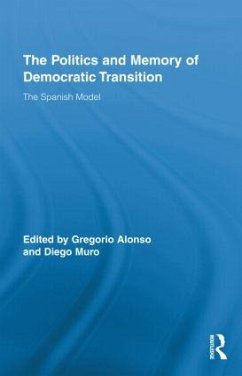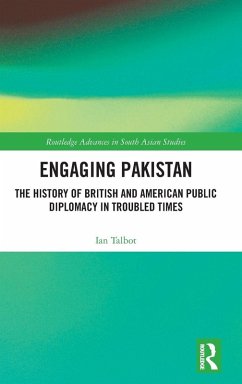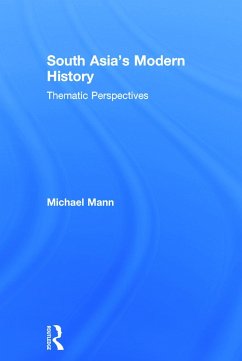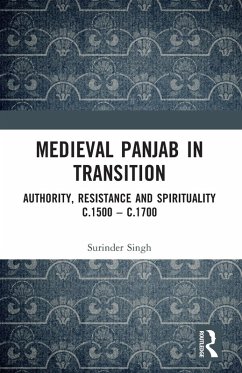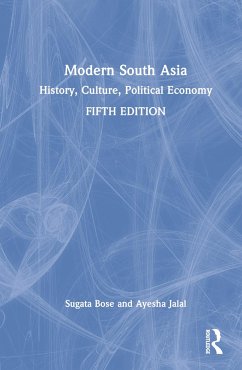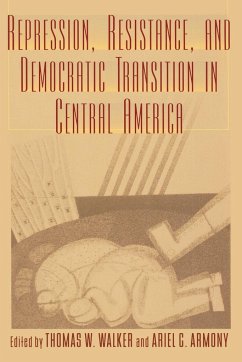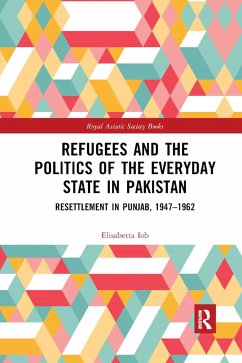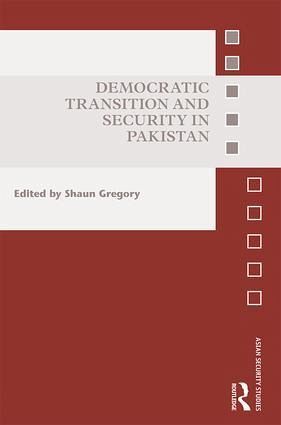
Democratic Transition and Security in Pakistan
Versandkostenfrei!
Versandfertig in 1-2 Wochen
196,99 €
inkl. MwSt.
Weitere Ausgaben:

PAYBACK Punkte
98 °P sammeln!
This volume examines the trajectory of Pakistan's democratic transition and the implications of this change for its security. In May 2013, for the first time in its 66-year history, Pakistan saw an elected government complete a full term in office and transfer power through the ballot box to another civilian government. At this important moment in Pakistan's history, this collection brings together twelve leading academics and writers with an aim to provide a far-reaching analysis of the current situation in Pakistan and emergent trends. Drawing on history, diverse theoretical perspectives, an...
This volume examines the trajectory of Pakistan's democratic transition and the implications of this change for its security. In May 2013, for the first time in its 66-year history, Pakistan saw an elected government complete a full term in office and transfer power through the ballot box to another civilian government. At this important moment in Pakistan's history, this collection brings together twelve leading academics and writers with an aim to provide a far-reaching analysis of the current situation in Pakistan and emergent trends. Drawing on history, diverse theoretical perspectives, and empirical evidence, three themed sections deal respectively with democratic transition (including Islam and democracy, civil-military relations, and economics), contested borders and contested spaces (the Pashtun belt, Kashmir, and intra-Islamic conflict), and regionalism (bilateral relations from both Pakistani and Indian perspectives, US-Pakistan relations, and nuclear weapons dynamics). Together the contributors explore the status of Pakistan's democratic transition, contemporary security dynamics, and wider regional security and political dynamics, and the complex interplay of the three, to provide a wide-ranging analysis of Pakistan's contemporary national and regional challenges, its impact on the region, and evidence of some positive trends for Pakistan's future. The book will be of much interest to students of South Asian politics, Asian security, governance, and IR in general as well as policy-makers, diplomats, and military professionals.







